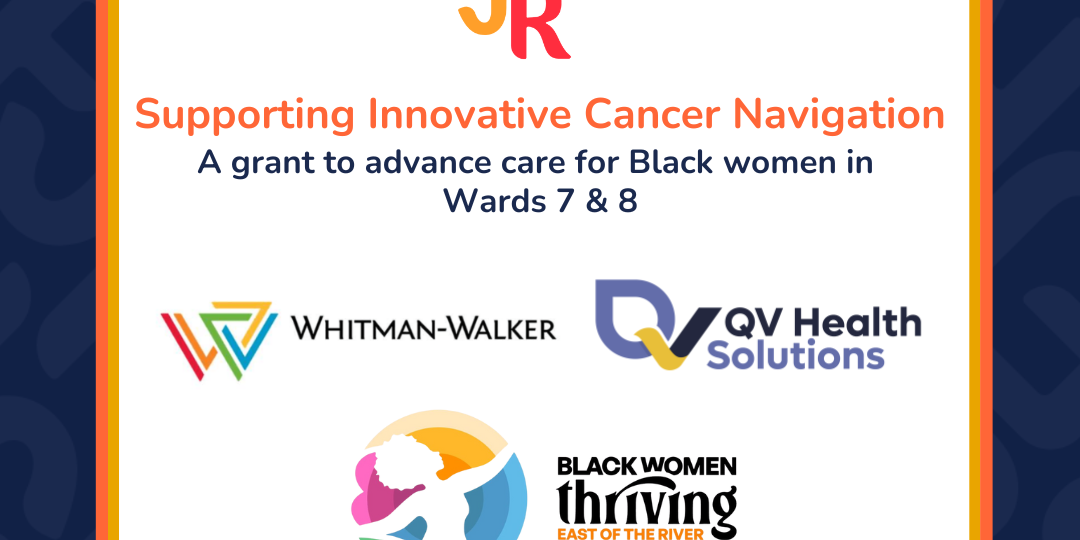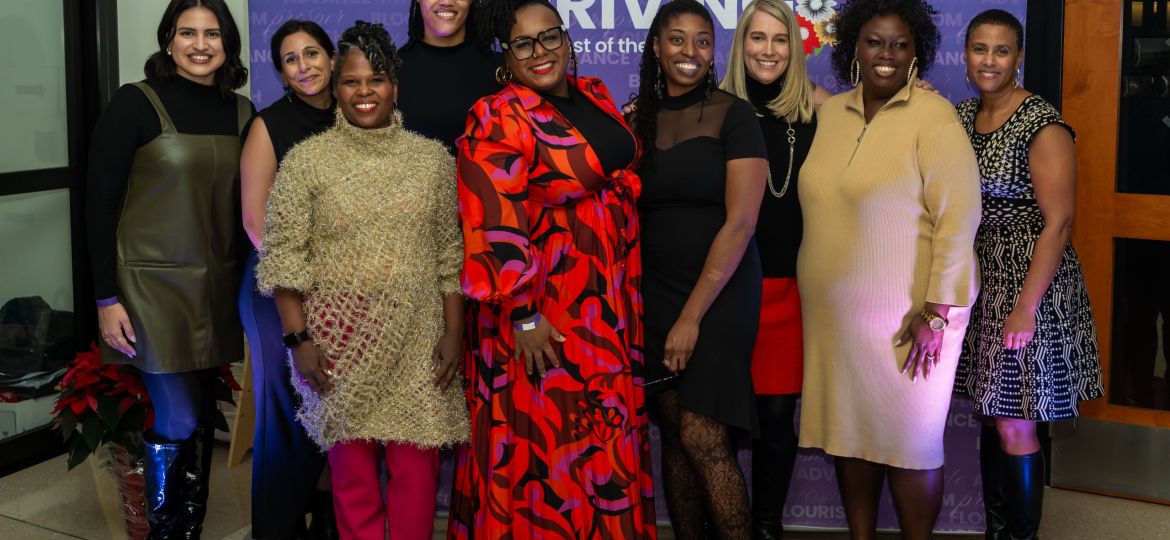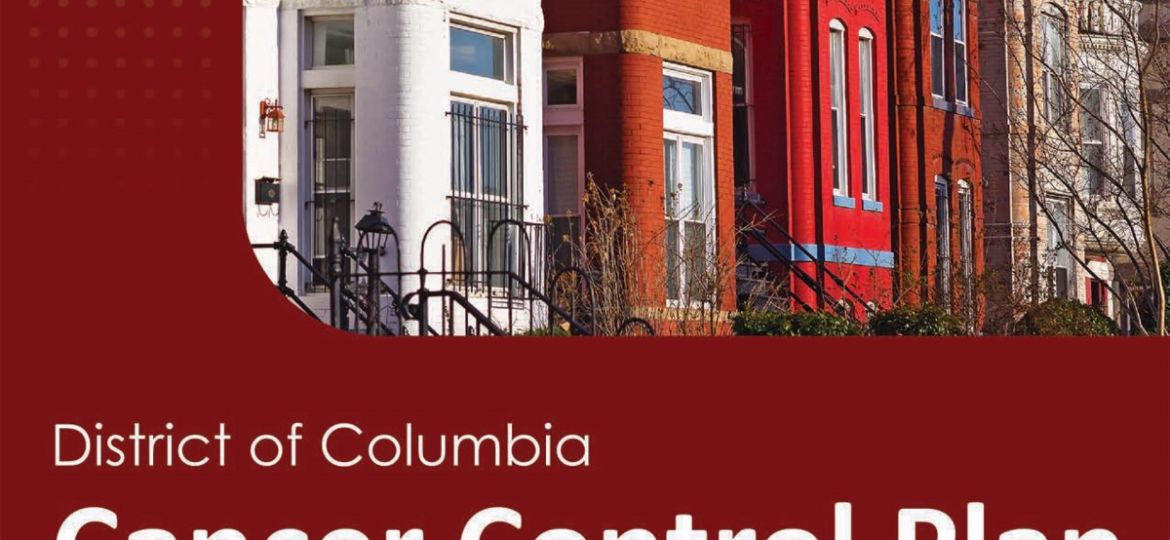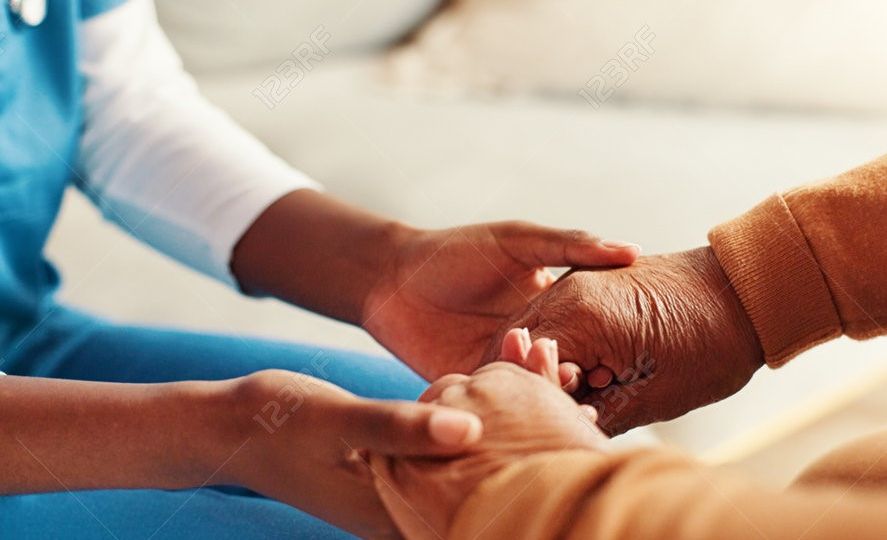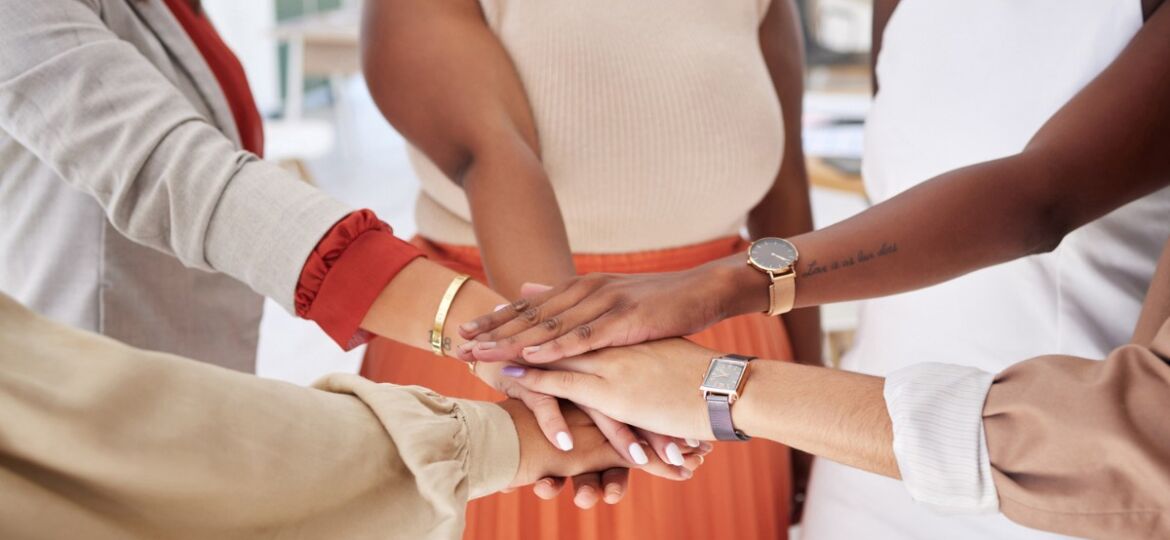Dr. Nura Green Lane’s life and leadership are rooted in lived experience, resilience, and a deep commitment to community care.
From advancing overdose prevention to creating healing spaces for Black women, her work centers prevention, dignity, and collective strength.
Her story reflects the power of sustained, community-led investment to build healthier, more equitable futures.
Rooted in Anacostia, Natasha Dupee’s journey reflects the power of community, care, and lived experience.
From local libraries to public service leadership, she has championed equity, trust, and access.
Her story shows what’s possible when communities are supported to bloom where they’re planted.
Jamila White’s journey is one of purpose, healing, and transformation.
A cancer survivor and founder of blakQuity, she’s redefining what justice and wellness mean for Black communities.
From global activism to personal recovery, Jamila’s story shows how healing itself can be an act of liberation—and a path toward collective strength.
The Jane Bancroft Robinson Foundation has launched the Sustainable Financing for Cancer Navigation (SFN) initiative.
This demonstration project, rooted in equity and community trust, aims to transform cancer care for Black women in D.C.’s Wards 7 and 8.
In partnership with Whitman-Walker Health and others, SFN will co-design a sustainable, community-based patient navigation model.
The initiative directly addresses stark disparities in cancer outcomes, where Black women face the highest mortality rates in the city.
SFN is more than a program—it’s a promise to build systems that work for Black women and can be scaled across the District.
Philanthropy often missed the mark, funding without truly meeting community needs.
In Washington, D.C.’s Wards 7 and 8, Black women faced deep, systemic gaps in health, jobs, and opportunity.
JBRF responded by supporting Black Women Thriving East of the River, led by 28 local women.
Together, they shaped lasting solutions—from healthcare access to career pathways and leadership.
Today, BWTEotR shows the power of trust and what happens when Black women lead.
12 Jun: Leading with Intention: René Carter on the Future of Accountable, Impact-Driven Philanthropy
In a city reshaped by development, René Carter is leading a different kind of transformation — one grounded in legacy, guided by listening, and committed to community. As a founding board member of the Jane Bancroft Robinson Foundation (JBRF), René brings decades of experience in service and advocacy to a new model of philanthropy: one that centers women, families, and historically underserved neighborhoods in D.C. “We weren’t going to come in and tell people what was best for them,” she says. “We wanted to hear from the people who actually live there.”
WANDA is a sisterhood using food as a tool for healing, justice, and change.
Founded by Tambra Raye Stevenson, it empowers Black women and girls in nutrition and agriculture.
From D.C. to Nigeria, WANDA is growing a movement of “food sheroes.” Through shared meals and community action, they’re breaking generational cycles. We stand with WANDA in building a future where food is power.
Cancer doesn’t discriminate — but systems do.
In D.C., Black residents in Wards 7 and 8 face the highest cancer burdens.
At JBRF, we’re breaking down barriers to prevention, treatment, and survivorship.
From patient navigation to policy change, we’re fighting for health equity.
Because where you live shouldn’t determine if you live.
In Ward 8, systemic barriers in healthcare have long impacted Black residents, with some of the city’s highest cancer rates and chronic disease burdens.
The Ward 8 Health Council (W8HC) is changing this through a community-led model focused on access, prevention, and equity.
From health education and screenings to advocacy and partnerships, W8HC addresses the social and structural drivers of poor health.
Their work shows that real transformation happens when residents lead solutions for their own communities.
JBRF is proud to partner with W8HC in advancing health equity and strengthening Ward 8’s legacy of resilience and leadership.
World Cancer Day on February 4th reminds us of the ongoing battle against cancer and the need for a people-centered approach to care. The theme for 2025-2027, United by Unique, emphasizes tailoring care to each person’s unique needs. Cancer remains a leading cause of death, but many deaths are preventable through lifestyle changes and early detection. In Washington, D.C., Ward 8 faces alarming disparities in cancer incidence and mortality. On this World Cancer Day, let’s unite to ensure equitable cancer care for all, especially those in underserved communities.





